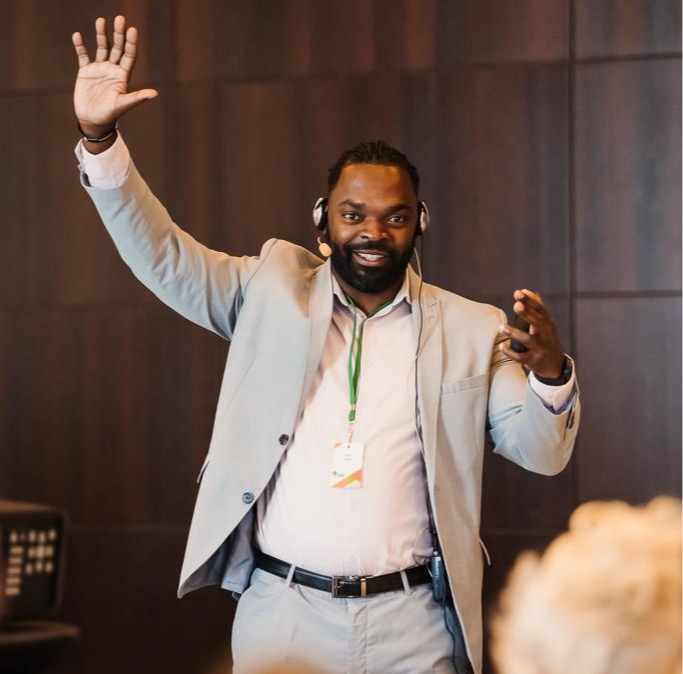We caught up with the brilliant and insightful Dido Balla a few weeks ago and have shared our conversation below.
Dido, looking forward to hearing all of your stories today. It’s always helpful to hear about times when someone’s had to take a risk – how did they think through the decision, why did they take the risk, and what ended up happening. We’d love to hear about a risk you’ve taken.
When I was about 20 years old, I was a University student in Benin, West Africa, studying law in French, my native language. About a semester in, I had the realization that studying law from Benin was not conducive to the future that I wanted for myself. In this future, I saw myself speaking English and living in the US, so I decided to stop university and try to learn English. This decision led me to Ghana, a neighboring country where English was the first language. I spent a year in Ghana trying to learn English but I was not very successful because my friends and I spent most of our time speaking French. That’s when, at the age of 22, I decided to move to the United States alone, even though I did not know anyone there, had nobody to guide me through the process, and I was still not comfortable with the English language. That decision and the trials, hardship, and growth it involved led to me becoming a writing tutor at my community college in Washington, becoming an English teacher in Florida a few years later, and ultimately becoming an internationally recognized educator, speaker, and non profit leader specializing in emotional intelligence, youth empowerment, and social-emotional learning.
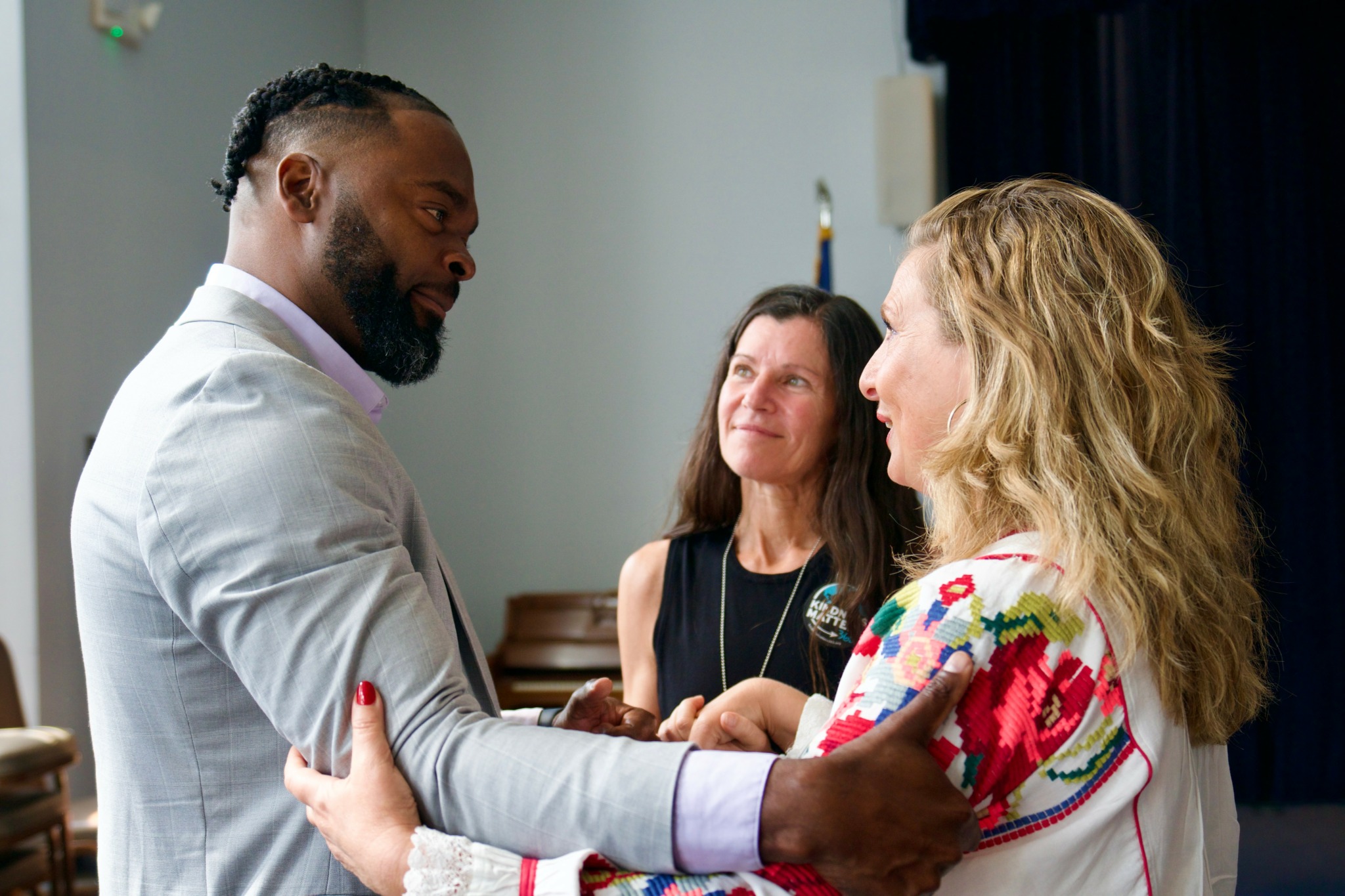
Dido, before we move on to more of these sorts of questions, can you take some time to bring our readers up to speed on you and what you do?
I got into the wellness industry through my job as a High School teacher. Working with teenagers from all around the world, watching them navigate life, watching them struggle through hardships that I was somewhat familiar with, I realized that teaching students and teachers how to manage their emotions was one of the most powerful paths I could follow in my career and in my life. I then became a mindfulness trainer, where I focused on teaching educators and school leaders how to infuse neuroscience, mindfulness, positive psychology, and social and emotional learning into their teaching every day in their classrooms.
Since then, I have lead programs in the US and internationally, helping thousands of young people develop resilience, mindfulness, and leadership skills. Now as the CEO of the Kindness Matters Foundation, I am on a mission to make kindness a daily practice for everyone–building stronger, healthier communities around the world.
I am especially proud of the fact that we teach emotional regulation through a personal identity lens. This means that every human being on the planet can develop a practice that allows them to manage their emotions, therefore giving them more agency in their life. And this is possible without having to become someone else. Everybody can look inwardly and find emotional regulation practices that are aligned with who they are. Having done this work all over the U.S and in countries such as Brazil, Romania, Grenada, Jordan, and the Ukraine, I am proud to know that our work is truly global in its impact.
Finally, I want folks to know that the world, and especially our youth, are facing record levels of loneliness, anxiety, and bullying. The solution is not another app, it is something ancient and free. It’s the power to understand emotional regulation and learn to practice kindness as a real-world skill for emotional wellbeing, resilience, and connection. Kindness towards self, towards others, and towards the world.
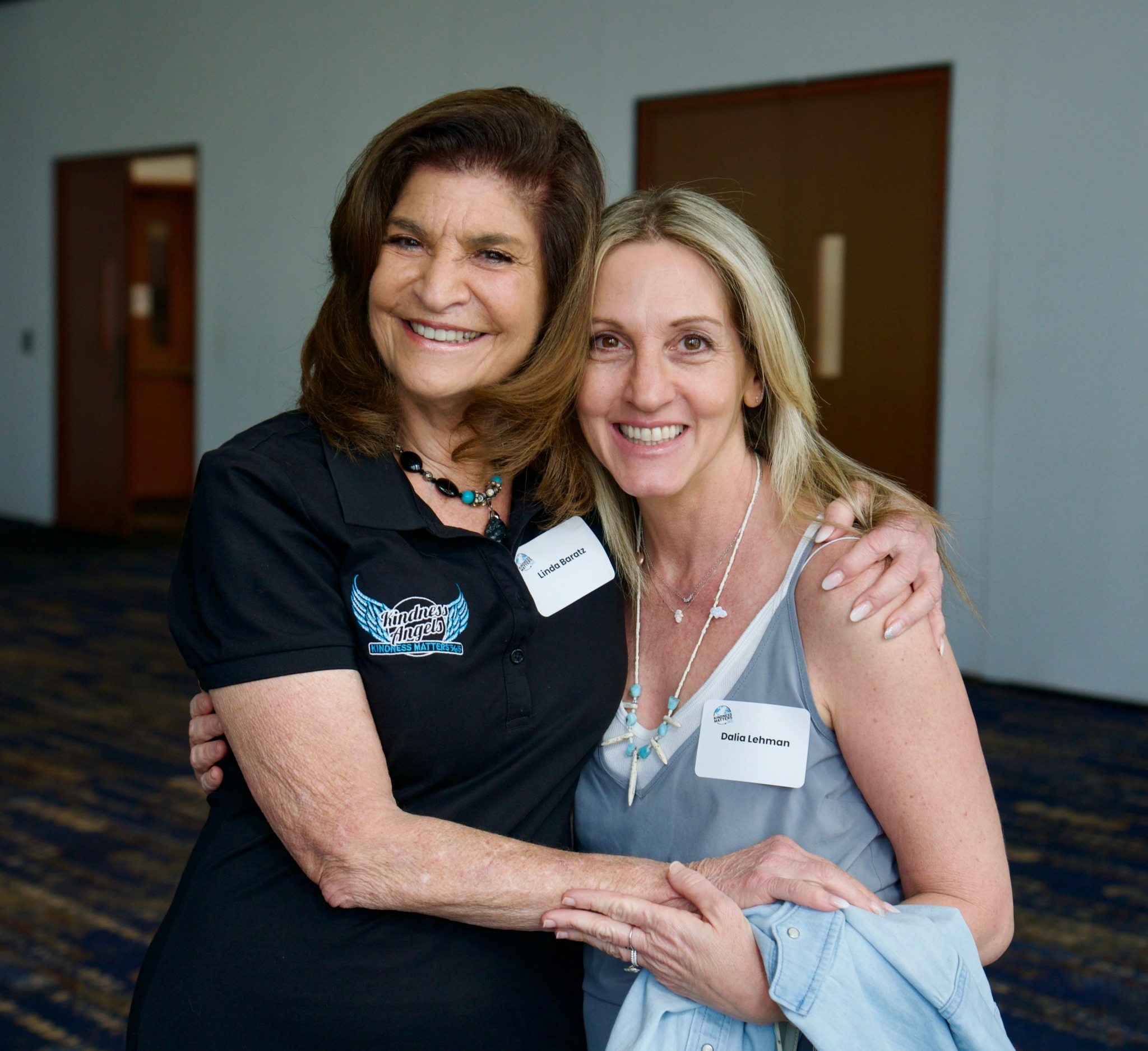
Training and knowledge matter of course, but beyond that what do you think matters most in terms of succeeding in your field?
In addition to having knowledge, it is crucial to have a sense of urgency in putting our work out there for people to see and to be impacted by, even if that comes with the risk of potentially making mistakes publicly.
The sense of urgency comes from the fact that we’re going through unprecedented times and people of all ages are struggling with their mental health. In a world that often rewards hustle, competition, and clout, teaching kindness and emotional regulation tools might sound counterintuitive, but we can’t afford to stop. For each piece of content, each training, each conversation that we have or put out there, there is the potential for someone’ s life to be transformed for the better or even be saved. That’s why this is urgent.
This urgency should then lead to taking action and sharing our work publicly whether in the form of written pieces, webinars, social media videos, etc. As imperfect as a piece of content might be in terms of the form, it still has the potential to save a life, so don’t worry about having the perfect camera, video setting, or a large audience on social media–create valuable, life-changing content and put it out there consistently.
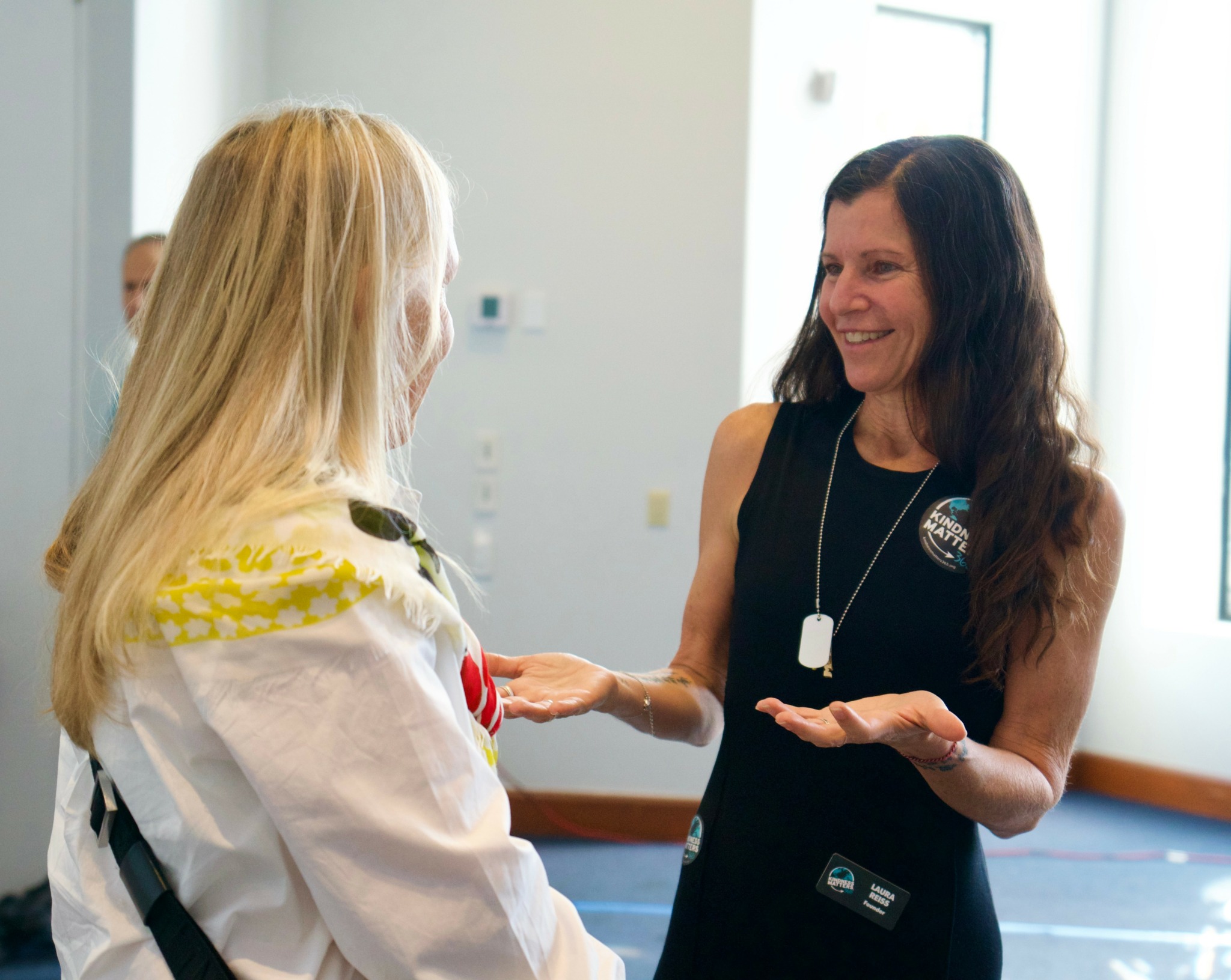
We’d love to hear a story of resilience from your journey.
When I started college in the United States, I was still struggling with speaking and understanding English. And yet, I worked so hard in my first English class that by the end of the semester, my teacher recommended that I start working as a Writing Tutor at the school’s Writing Center, essentially teaching English and Writing to other students, many of whom spoke English as a first language. Despite feeling unprepared and unqualified, I decided to go for it and use this opportunity to push myself to learn and master English. My perspective back then was that if I had to teach it, I would be forced to learn and master it. That’s exactly what I did over the years.
On the outside, it might have looked like things were coming easily to me. However, I had to spend hours working on this, forcing myself to have conversations with people who spoke vey fast, reading a lot, rehearsing sentences in my head multiple times before ever saying out loud, etc. In addition, I needed to understand the rules of the language so I could teach them.
Since then, I learned that I can be resilient when it feels like I have no other other choice. That’s why I decided to become an English teacher, despite English being my third language. That’s the same attitude that led to me being fascinated about the brain and emotions, to the point of learning neuroscience well enough to be able to teach it to students, educators, and parents.
I still have this belief today–we are all resilient; it’s just that sometimes it takes us having to deal with adversity that feels permanent and non optional in order to truly tap into that resilience.
Contact Info:
- Website: https://kindnessmatters365.org/
- Instagram: https://www.instagram.com/didoballa/profilecard/?igsh=MmwzM2dtZzB1OGd2
- Linkedin: https://www.linkedin.com/in/dido-balla/
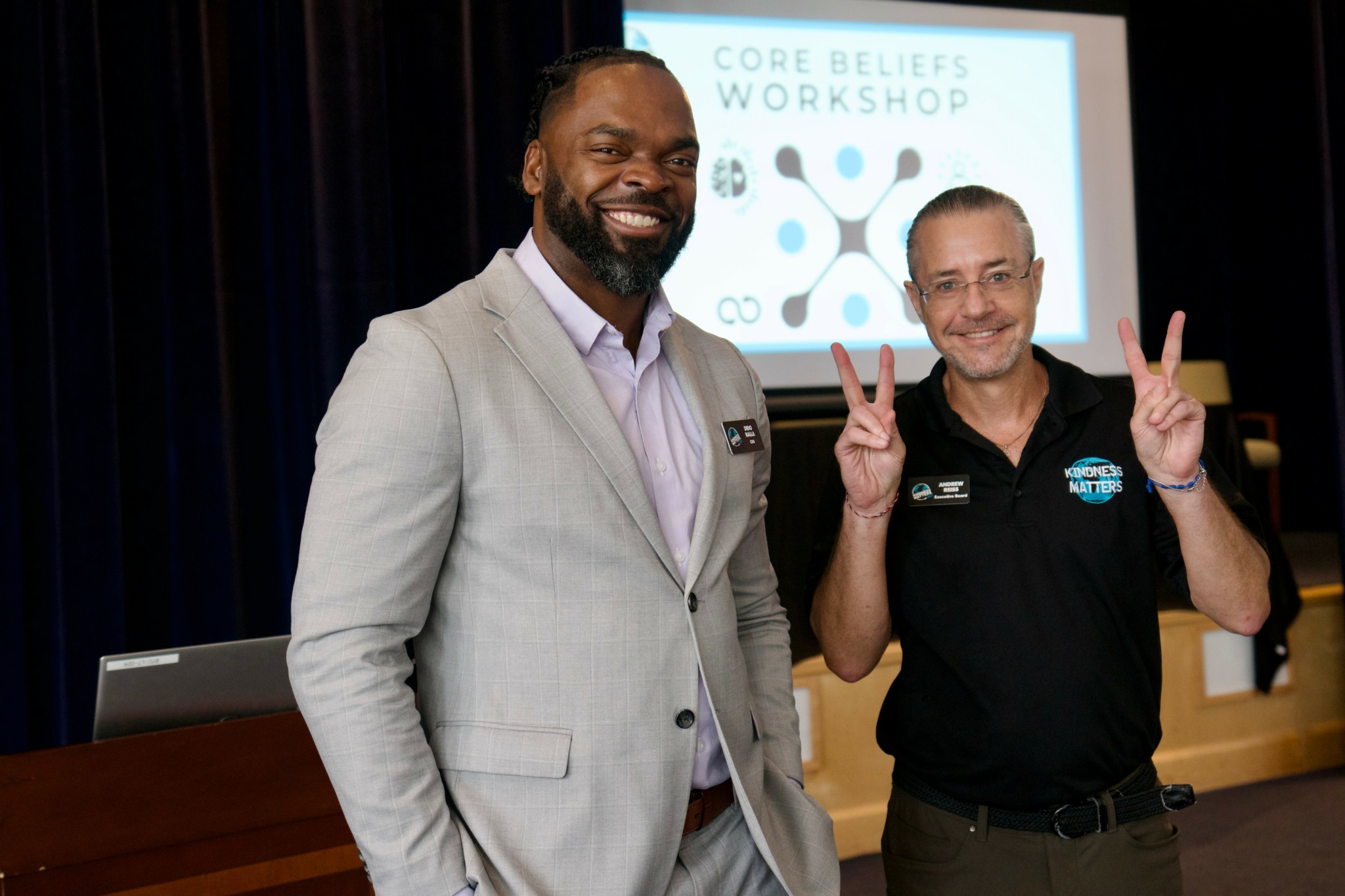
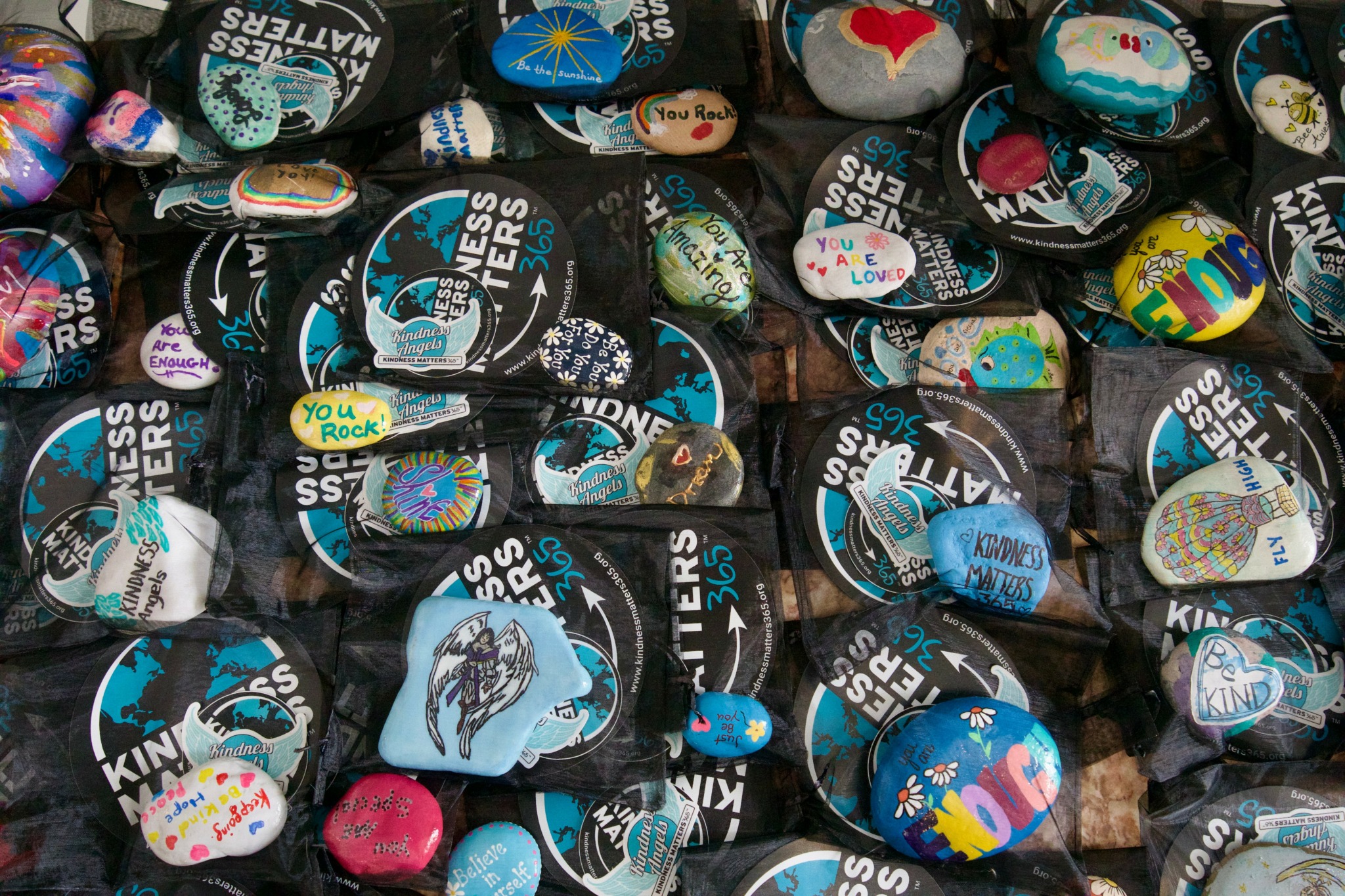
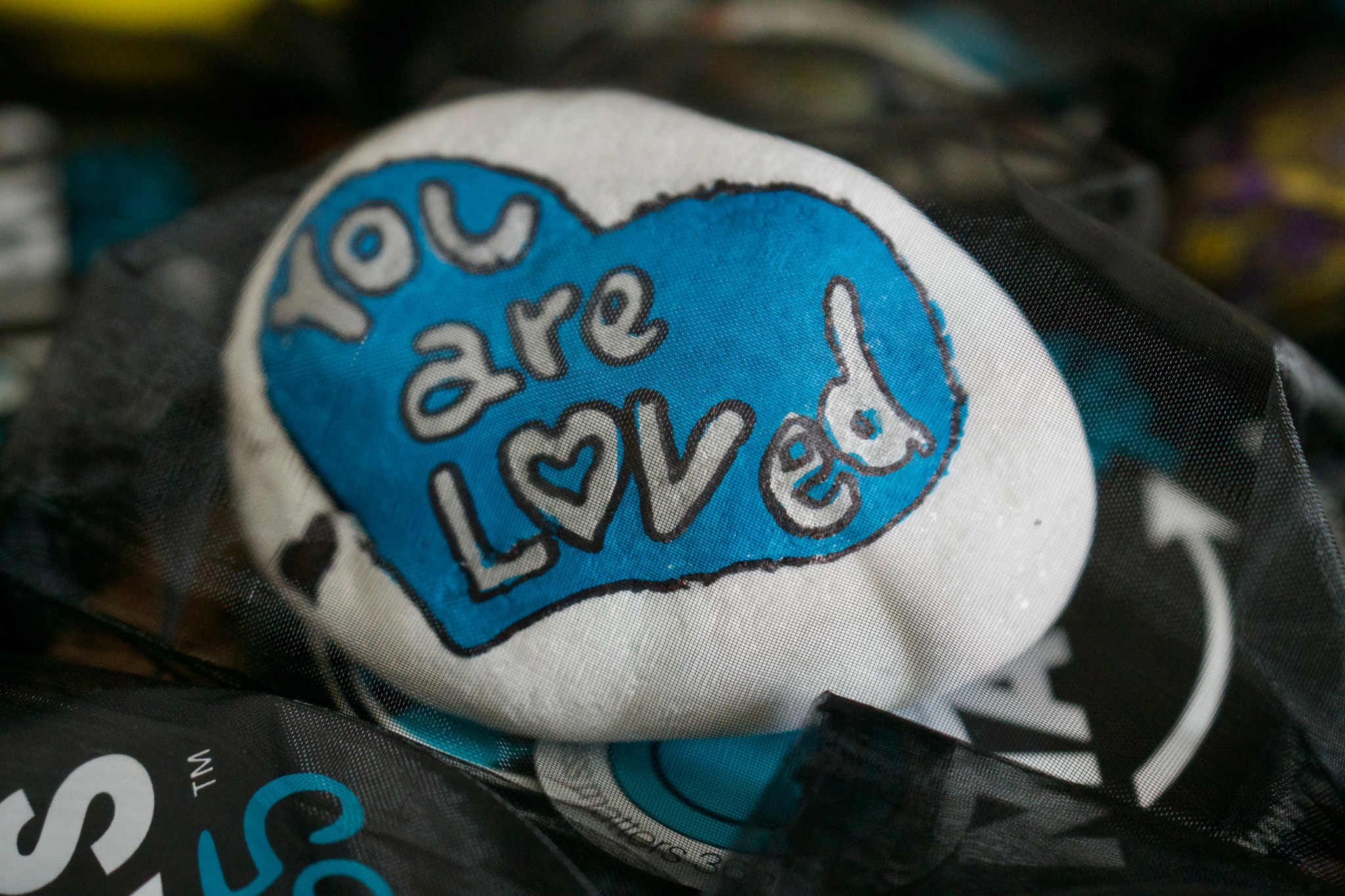
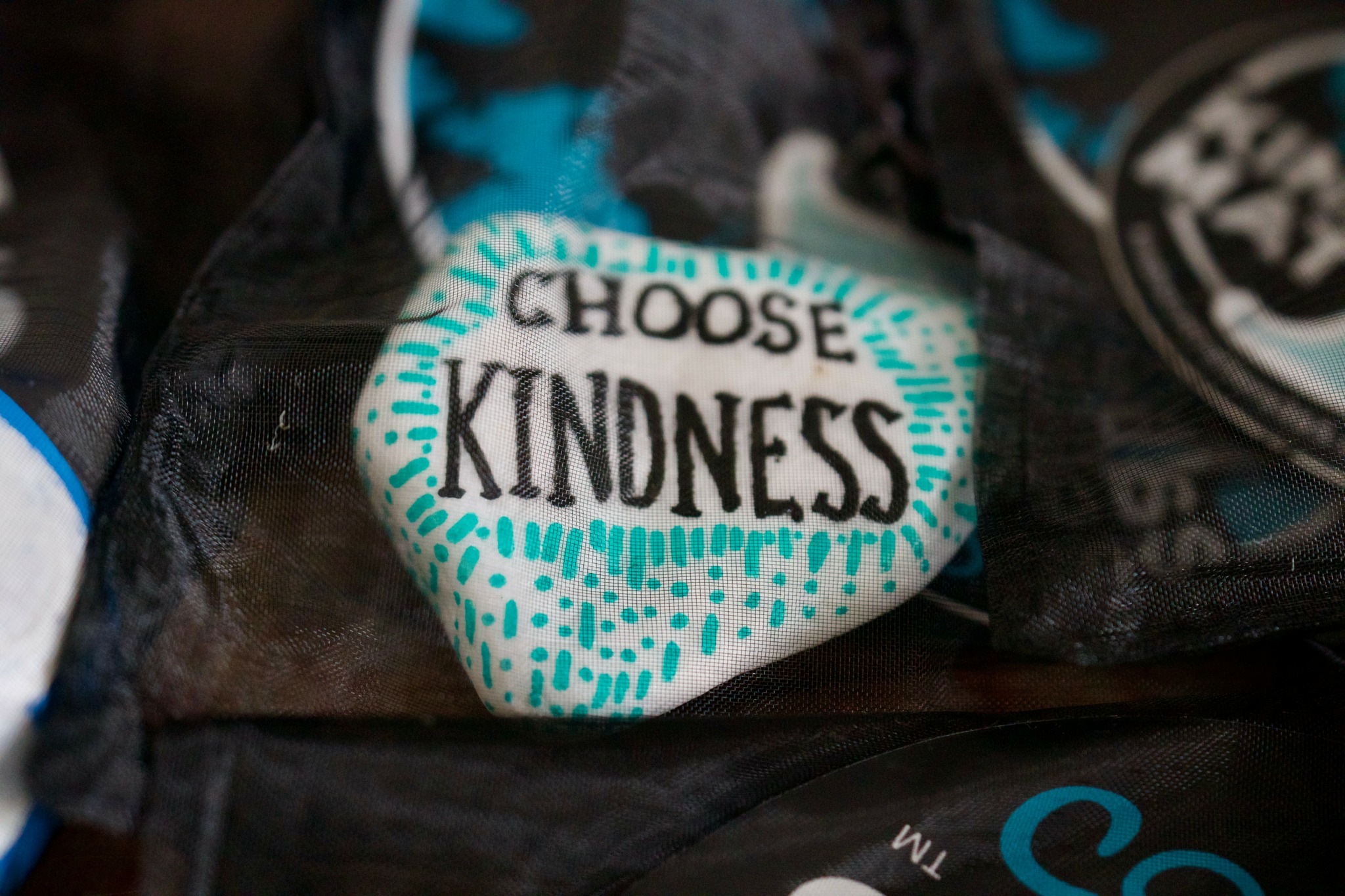
Image Credits
Georgie Boynton


